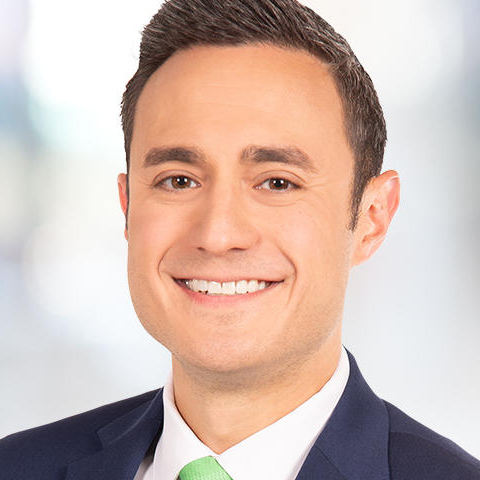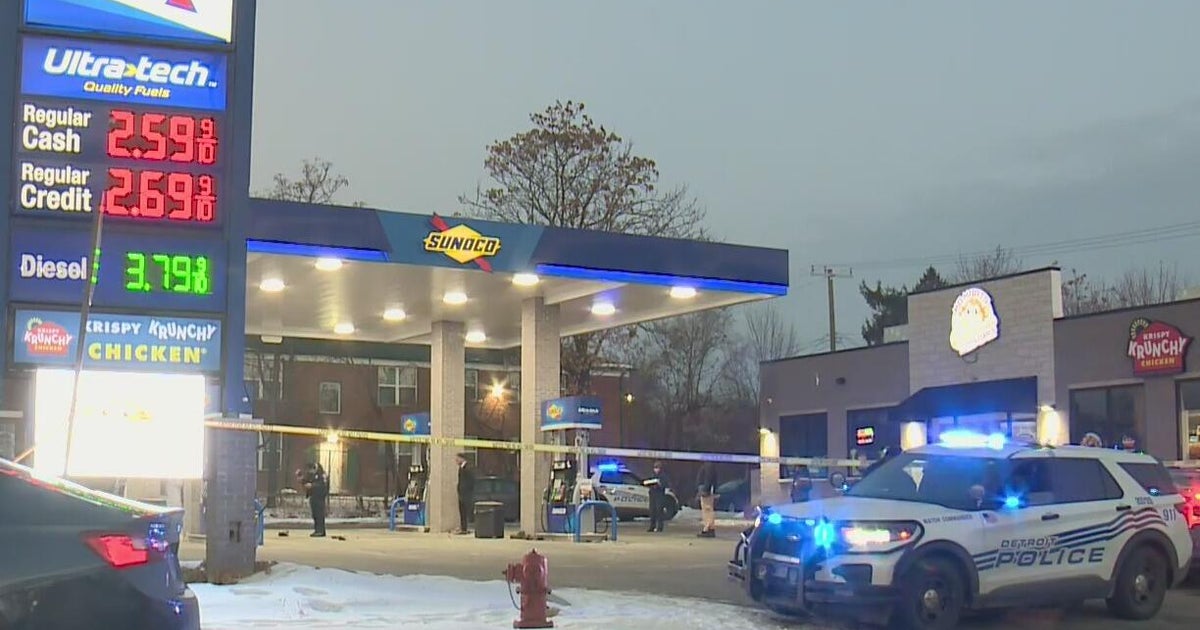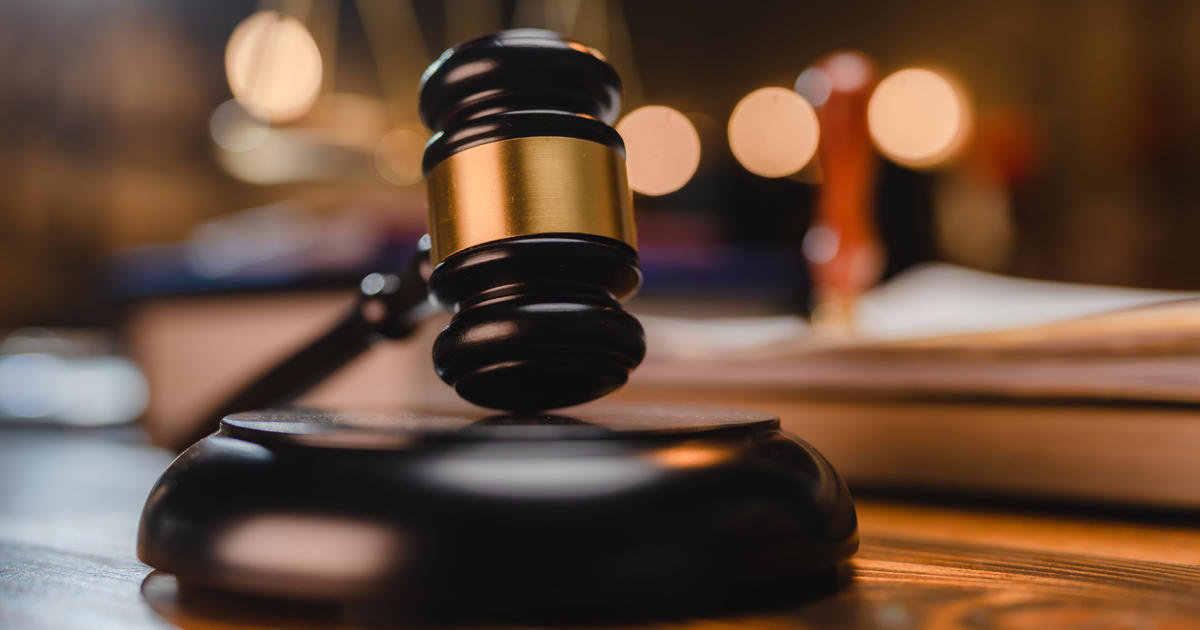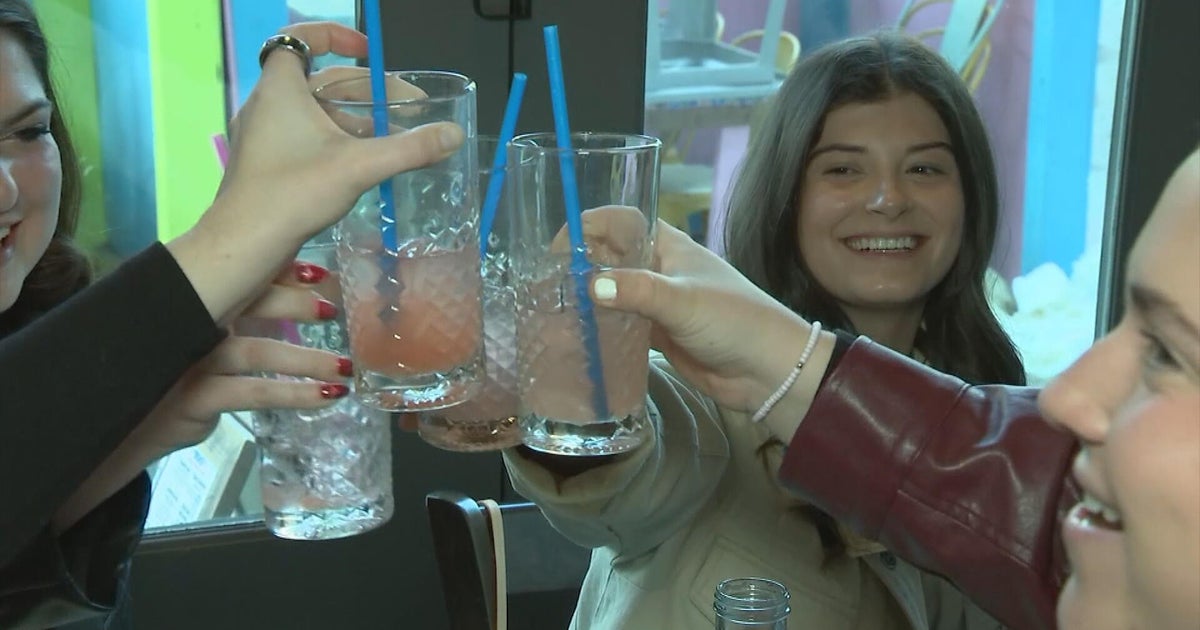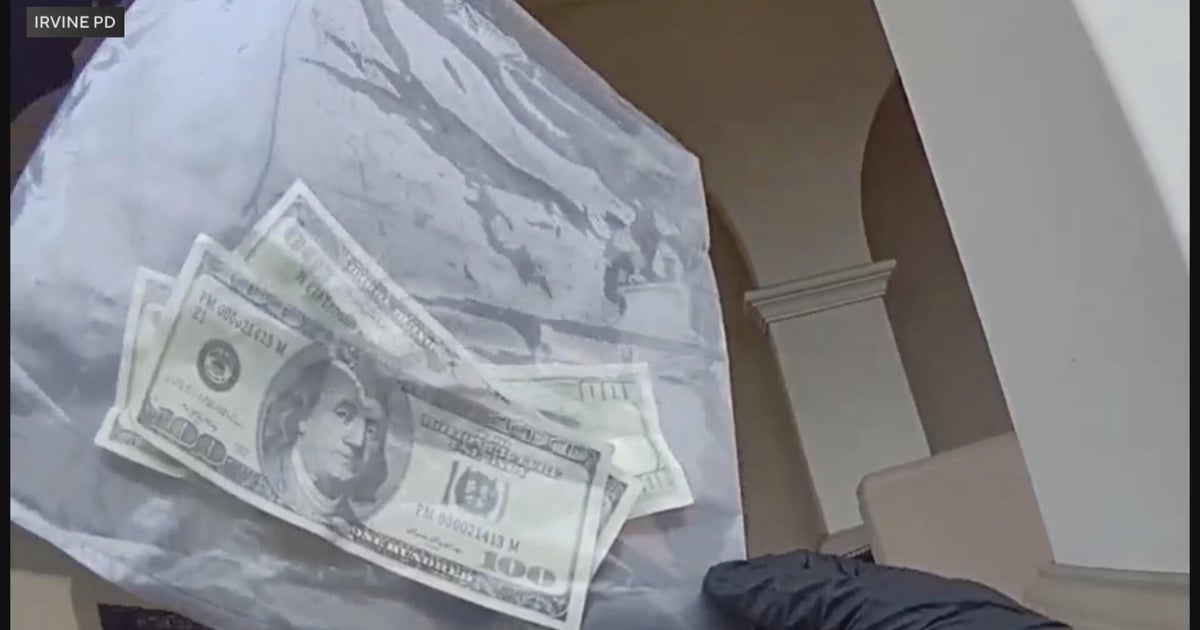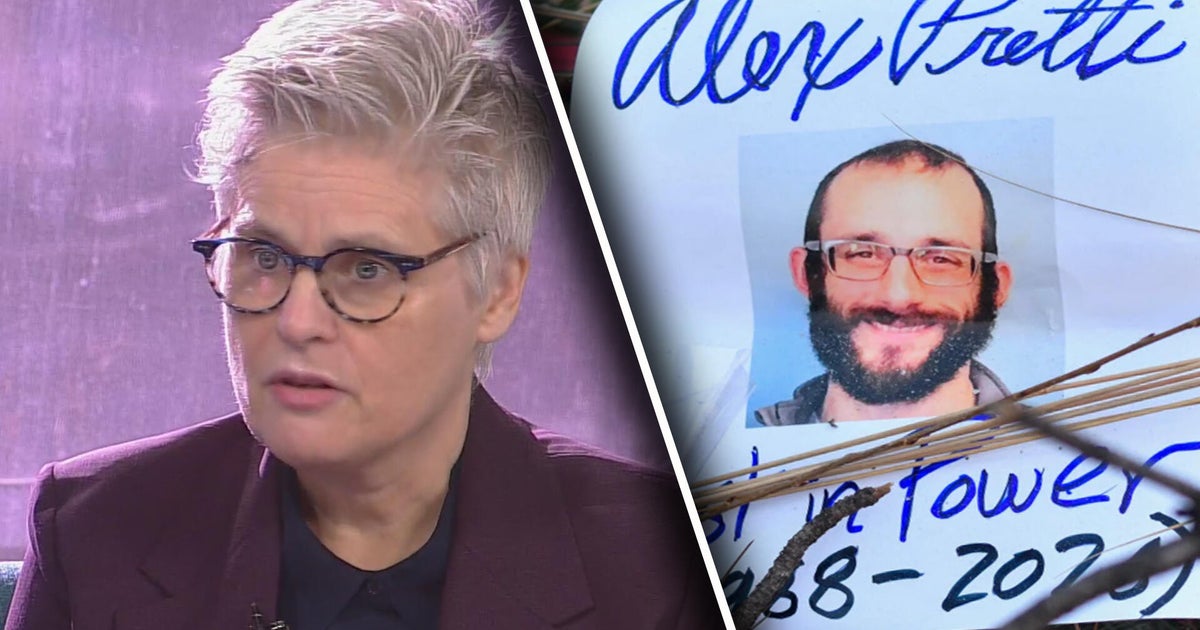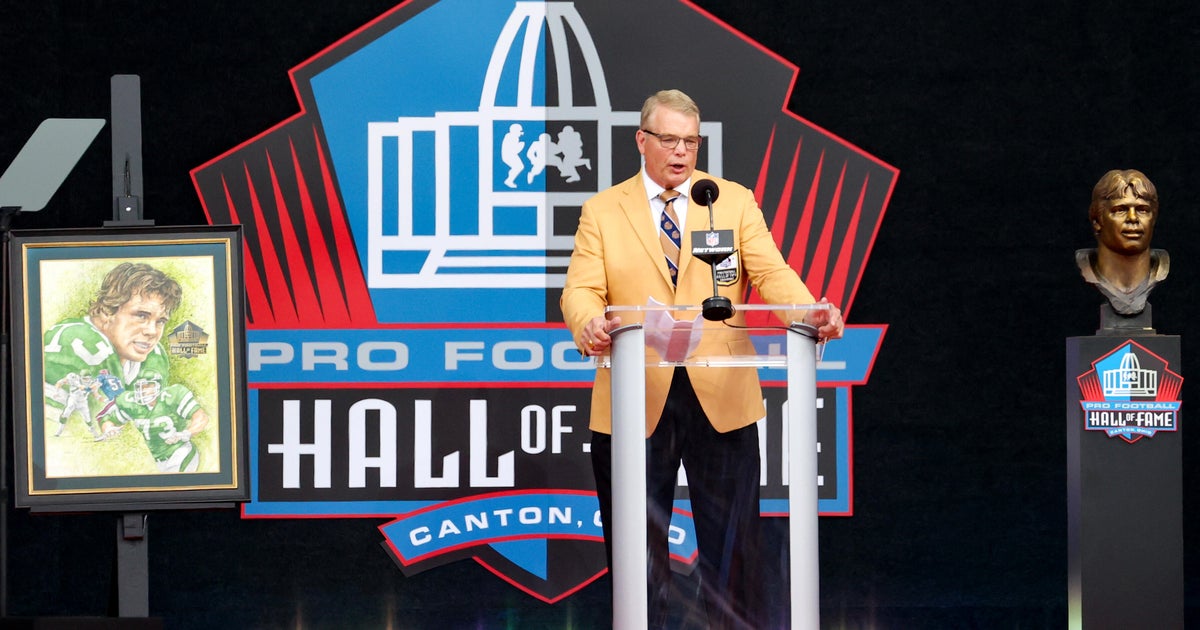Why do people commit copycat crimes?
MINNEAPOLIS — The FBI worries that people with criminal intentions might try to copy last week's deadly terror attack in New Orleans.
Researchers say that the immediate days after such headline-making violence are of most concern.
A copycat crime is a criminal act mimicked or inspired by another crime seen in media, either in real life or fiction. The crimes typically aren't an exact copy but feature certain elements or techniques from the original crime.
"There's some research that supports this idea that within weeks of a high-profile mass casualty incident, an attack incident, there are sort of follow-on attacks," Randy McAlister said.
McAlister spent years in law enforcement including time with the FBI's Joint Terrorism Task Force. He runs McAlister Threat Management, a firm that consults and trains in the areas of behavioral threat assessment management.
Why do people commit copycat crimes?
"Somebody who is sort of on the brink of carrying out an act of violence, somehow now feels empowered by what they're seeing in the media, whether social media or mass media," he said.
The attacks are investigated and reported on in detail, creating what McAlister calls a "cultural script" for a potential attacker, a method or process for violently solving their grievance.
"They feel part of the script, and they want to identify with that," he said.
A study on mass shootings found that there's a heightened chance for the crime to be copied within 13 days of it happening, described as contagion, meaning the crime committed and the attention it received makes it contagious.
One researcher tried to gain insights directly from criminals. The team surveyed 572 prison inmates and found that 22% admitted to committing a copycat crime. It also found men were more likely than women to copy another crime.
Over a decade ago, McAlister said copycat criminals' inspiration mainly came from mass media, meaning news outlets. Today, he said most of the inspiration happens on the internet. That includes well-known social media like Facebook or X, and lesser-known sites like 8chan.
"They become echo chambers because they're joining talk groups of the people who are thinking just like them…and they kind of build each other up to go out and do something violent," he said, adding the internet can serve as an education platform based on reporting of older crimes. "The Sandy Hook shooting, for instance, the guy who did that shooting had actually done essentially like graduate-level research on all the prior mass shooters."
An FBI documentary states that the Columbine High School shooting has inspired over 80 copycat attacks. It was one of the first to be broadcast live for people to witness. Given the attention it received, potential copycats might seek similar notoriety or get even more recognition by hurting or killing a higher number of people.
"It doesn't come out of the blue. There are these warning signs typically that we look for, but you have to have systems in place to what we say 'collect the dots so that you can connect the dots.'" McAlister said.
In general, news organizations try to not glorify mass killers to prevent copycat crimes. That can include limiting the use of their name or picture, not posting their writings and not broadcasting videos or live streams that they record.
